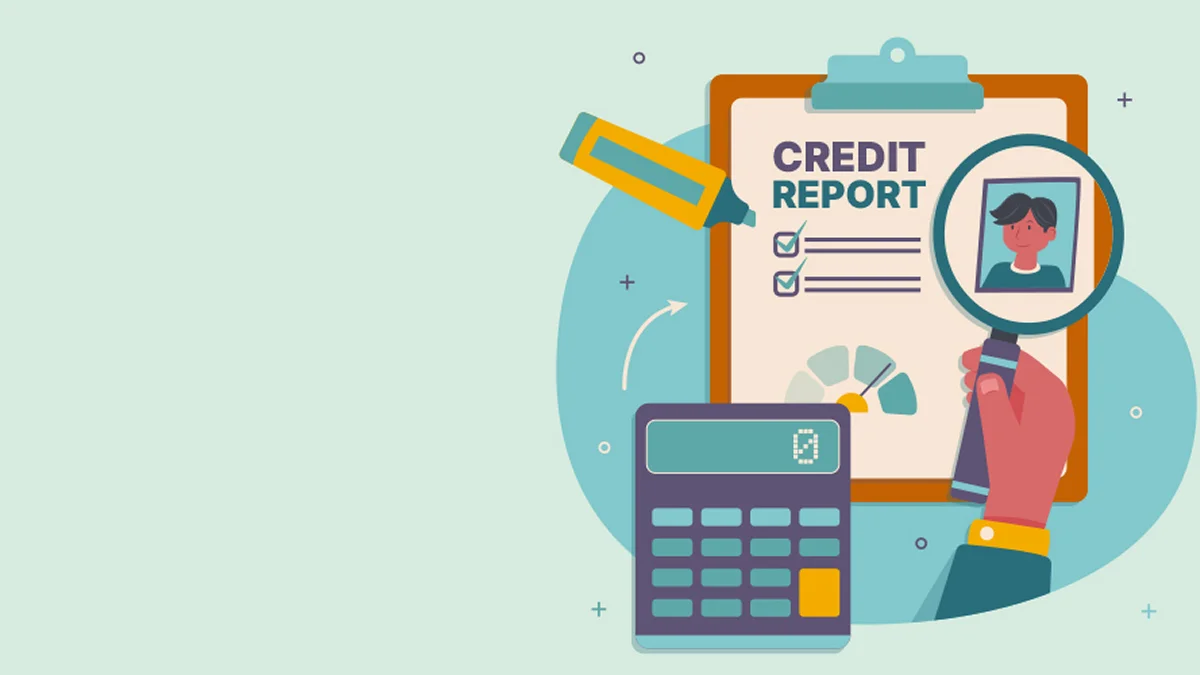A consumer credit report is a document that contains an individual's credit history, including information about their borrowing and repayment habits. It is generated by credit bureaus, which collect data from various sources such as lenders, creditors, and public records.
This report plays a crucial role in determining an individual's creditworthiness and is used by lenders, landlords, and even employers to assess the risk associated with an individual. Read on to find all the important details on a consumer credit report.
How to Read a Consumer Credit Report?

Understanding how to read a consumer credit report is essential for anyone who wishes to grasp their financial standing accurately. This report has several sections:
1. Personal Information: The personal information section includes details such as the individual's name, address, social security number, and date of birth. It is vital to review this section carefully to ensure accuracy, as any errors here can lead to a wrong credit report.
2. Account History: This section provides a detailed overview of an individual's credit accounts, highlighting the types of accounts, their balances, payment history, and any negative remarks such as late payments or defaults. Lenders scrutinise this section to assess an individual's reliability in meeting their financial obligations.
3. Public Records: Public records contain information obtained from local, state, and federal government agencies. These records typically include bankruptcies, tax liens, court judgments, and foreclosures. Negative information within this section can severely impact an individual's creditworthiness.
What Type of Information Appears on a Credit Report?
A credit report includes various types of information that lenders and creditors use to evaluate an individual's creditworthiness. Some of the key information found on a consumer credit report includes:
1. Accounts: This section displays details about the various credit accounts an individual holds, such as credit cards, mortgages, auto loans, and student loans.
2. Payment History: The payment history section outlines the individual's track record in making timely payments. Late payments, defaults, and accounts sent to collections are recorded here.
3. Credit Inquiries: This section lists all the instances when a lender or creditor requests a copy of the individual's credit report. Too many inquiries within a short period can adversely affect the credit score.
Also Read - How CIBIL Score is Calculated | A Step-by-Step Guide
Who Generates Credit Scores?
Credit scores are generated by credit scoring models developed by credit scoring companies or credit bureaus. The four prominent credit bureaus in India are Equifax, Experian, CRIF Highmark and TransUnion CIBIL. They use various algorithms to assess an individual's creditworthiness based on the information found in their credit report.
Also Read - Types of Business Credit Reports & Their Importance in India
To Conclude
A consumer credit report is a crucial tool that lenders, landlords, and employers use to assess an individual's creditworthiness. Understanding how to read this report is essential for individuals to monitor their financial standing effectively. By analysing the different sections, such as personal information, account history, and public records, one can gain valuable insights into their credit health.
However, it is equally important to be aware of the limitations and regulations surrounding credit reports to ensure fair and accurate assessments.
Frequently Asked Questions
1. What type of information is not found on a consumer’s credit report?
A consumer's credit report does not include personal information unrelated to credit, such as income, criminal records, medical history, or ethnicity. It solely focuses on an individual's financial obligations and borrowing history.
2. What are state and local consumer credit check laws?
State and local consumer credit check laws vary, and some jurisdictions have regulations in place regarding the use of credit reports for employment or rental decisions. These laws aim to protect consumers from unlawful discrimination.
3. Can you deny someone a job because of bad credit?
Yes, in recent times, many companies in India are checking applicants’ credit scores for their screening process. In such cases, a poor credit score may indicate a reckless and irresponsible nature of the applicant, which may lead to a rejection.
4. How long do consumer credit checks take?
The duration of a consumer credit check depends on various factors, including the credit bureau's efficiency, the amount of data to be analysed, and the complexity of the credit report. Typically, credit checks can be completed within a few minutes to a few days.
We take utmost care to provide information based on internal data and reliable sources. However, this article and associated web pages provide generic information for reference purposes only. Readers must make an informed decision by reviewing the products offered and the terms and conditions. Loan disbursal is at the sole discretion of Poonawalla Fincorp.
*Terms and Conditions apply